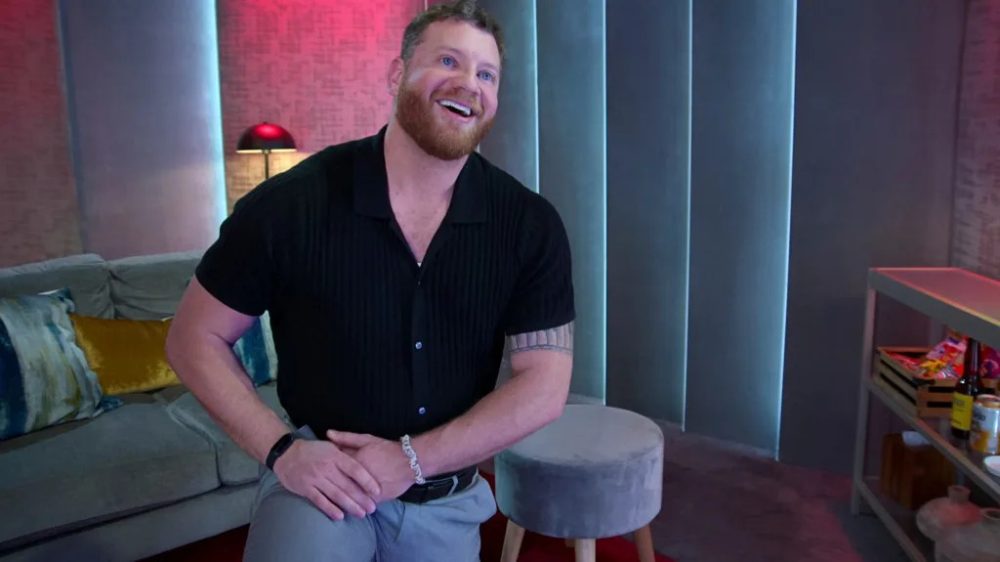Love Is Blind Contestant Files Class-Action Suit Alleging ‘Inhumane Working Conditions
A former contestant on Love Is Blind is suing the Netflix reality show, claiming “inhumane working conditions” and serious labor law violations. Stephen Richardson, a Season 7 participant, has filed a proposed class-action lawsuit in California against producers, seeking back pay and damages for himself and other cast members.
Key Allegations in the Suit
In the lawsuit, Entertainment Weekly reports that Richardson claims the show producers exerted a “substantial exercise of control over the manner, means, and timing of their work.” This included restricting basic freedoms, such as when contestants could eat, drink, sleep, or communicate with the outside world while filming. He argues that such conditions go beyond what would be acceptable under California labor law, which entitles employees to minimum wage, overtime, and other protections.
At the residential hotel used for filming Love is Blind, the lawsuit states that production staff were directed not to provide food. Contestants reportedly had their IDs, wallets, phones, and credit cards confiscated, thereby limiting their ability to leave the premises.
Manipulation via Substance & Control
One of the more startling claims concerns the provision of alcohol, energy drinks, sodas, and mixers — but allegedly withholding hydrating drinks and water outside daytime hours. Entertainment Weekly reports that the lawsuit says such conditions were imposed “in order to maintain a heightened degree of control and direct the conduct of the Cast into making manipulated decisions for the benefit of the show’s entertainment value.” Richardson contends that under these restrictions, contestants were essentially prevented from caring for their basic needs, rendering them dependent on producers for food, fluids, rest, and outside communication.
Legal Stakes & Broader Implications
The central legal claim in the lawsuit is that the contestants should have been classified as employees rather than independent contractors. Misclassification, if proven, can substantially change what participants are owed under labor law: minimum wage, overtime, meal and rest breaks, and more. Richardson is asking the court to certify this as a class action covering past seasons, notify potential class members, award lost wages and unspecified punitive damages, and cover legal costs.
Previous Suits & Precedents
This is not the first lawsuit brought by Love Is Blind contestants over labor conditions. For example, Renee Poche from Season 5 filed a lawsuit last year with similar allegations. Her case, like many reality show claims, involved issues around compensation and working conditions. Another earlier contestant, Jeremy Hartwell (Love is Blind Season 2), sued over low pay, claiming he was paid $1,000/week for work exceeding 20 hours a day, seven days a week; that suit was settled.
Richardson’s suit, if successful, could have far-reaching effects on how reality TV shows classify, compensate, and treat their contestants. It also adds to the growing scrutiny of behind-the-scenes conditions in unscripted television, from contestant welfare to labor practices.






